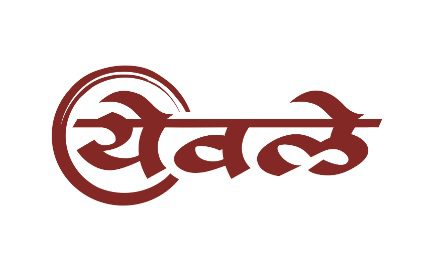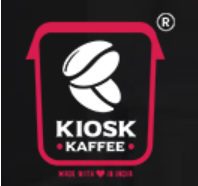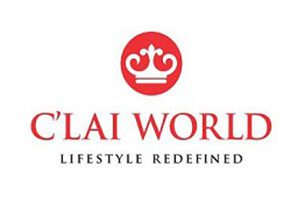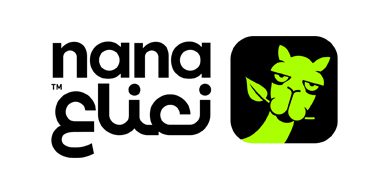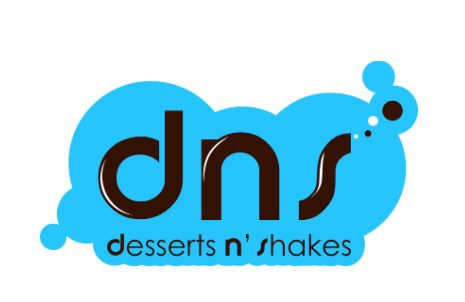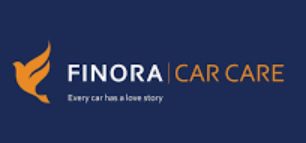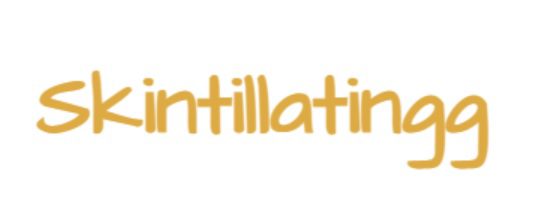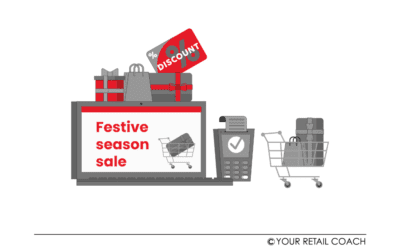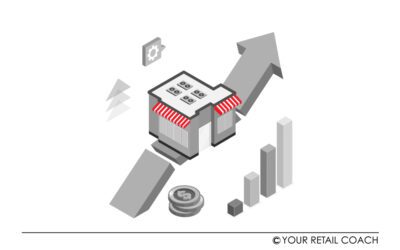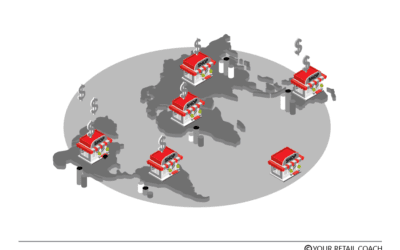Franchise Development Consultant
BE A BRAND. BECOME A LABEL
Franchise Business Plan includes building the franchise model & identifying the USP, designing franchise financial model to the franchise manual which in-turn can get franchise partners for growth.
How will we do it?
Our Franchise Development Consultants will help your brand in developing strategies that are aptly executable as per their capacities and capabilities. We design franchise models considering your organizational structure and your departmental strengths. We help the brand identify their USPs which will eventually help them sell their franchises better.
Our franchise consulting process includes thorough prospecting, which will help the brand fill in their operational gaps considering the peers. A Financial model is developed with complete cash flow management, revenue statements, and profit & loss statements, for the franchise as well as the franchisor.Our staff is supportive in nature where Franchise advice is taken on top priority which will help the users in the entire field.
Services Offered
We lay strong franchise foundations for our customers after which we work closely with each feature of their franchise business model. Our eventual aim is to help them reach their goals.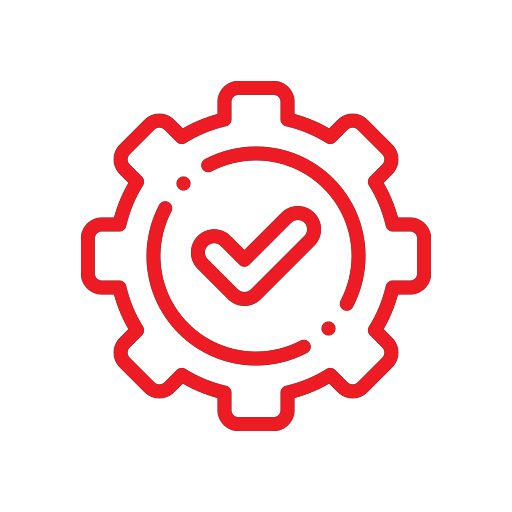
Franchise Strategy Development
The Franchise Advisory includes franchise expansion strategies which shall consider the inherent competencies of the brand. “How to expand franchise business?” is a frequently asked question encountered while defining franchise business model canvas. Franchise growth strategy is prepared with milestones which will help the franchisor reach their business goals. Apart from that, franchise development consultants will help the franchisor to formulate international franchising strategy and develop master franchise structure to achieve rapid growth.
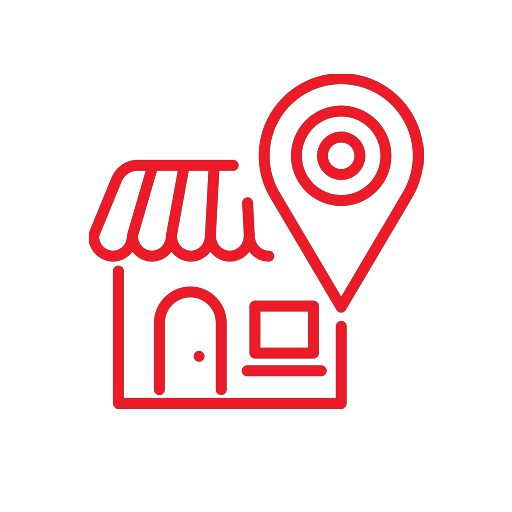
Franchise Model Development
“How to develop a franchise model?” This is one of the questions we encounter while working towards expansion of the Franchise route. Our franchise development consultants would assess the different franchise models, whether FOFO franchise model or COCO or FOCO model franchise (i.e. franchise owned company operated / foco model) or COFO (i.e. company owned franchise operated model) or a hybrid franchise model as per the SWOT of the company. We determine the various attributes of business format like, where the franchisor would support the franchise, simultaneously where the franchise would need support to abide by the franchisor’s terms and conditions. Defining a custom-fit model considering on-ground scenarios is the best approach while developing franchise model business plan.
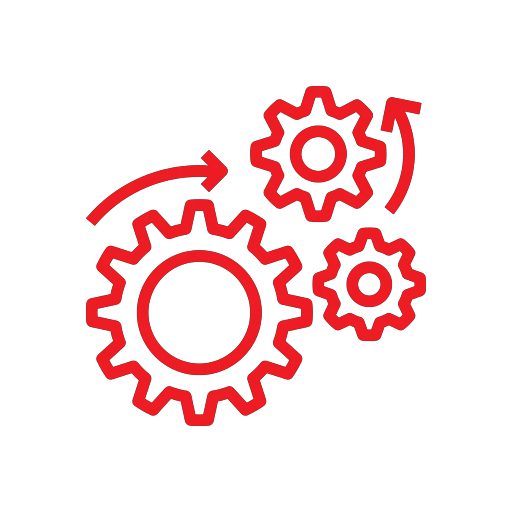
Franchise Operations Manual
Franchise Operations Manual includes minute details, whereby each activity is defined precisely in terms of Who, what, when, where, how. This prepares the franchise from the inception regarding his scope of work and his areas of operations. Our main aim is to provide a “franchise training manual” which shall help franchises to impart better services to the end users and maintain brand standards. When we are talking about Franchise my business, our franchise experts shall help you explore the best operational and financial franchise model.
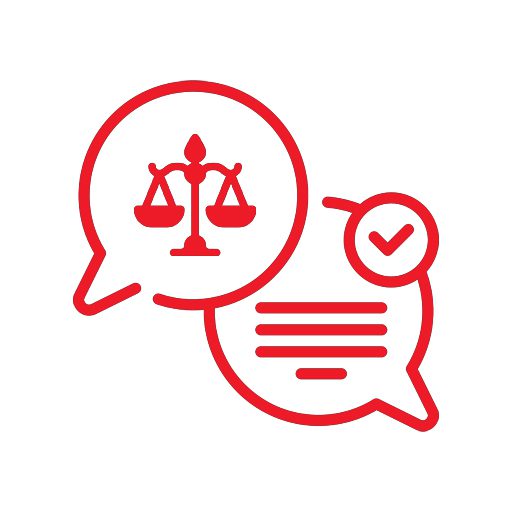
Franchise Legal Advice
Franchising your business can be an effective tool to ensure your business growth and occupy a larger market share, but at the same time your brand needs to be precarious with franchise legal issues. Franchise development services also include franchise legal advice services where experts prepare a robust franchise agreement format and franchise disclosure document along with franchise exit strategy. The legal experts also ensure all legal aspects of franchising are incorporated in the franchise agreement draft before the signing to ensure legal infallibility from both, the franchisor as well as the franchisee.
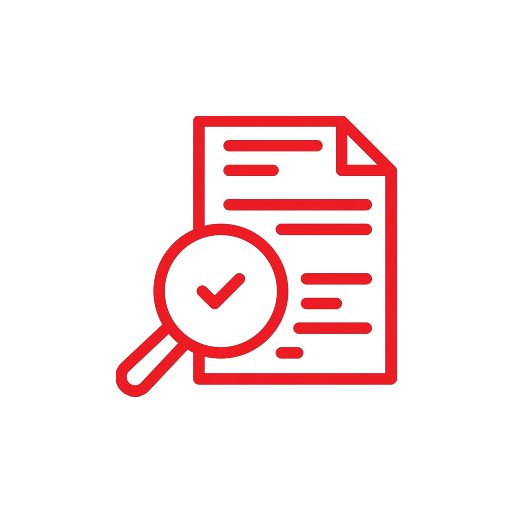
Franchise Audit Report
Franchise Audit is a fully integrated auditing consulting service by YRC Consulting Group. Franchise Audit Report takes a complete look at the health and strength of your organization’s brand from all aspects of franchise audit requirements to describe a competitive edge. The thoughts are then put into action across all standards. Franchise audit checklist makes a stronger influence on the brand and hence, one of the best companies.

Franchise Setup Manual
Once the franchise setup costs are defined in the franchise store business plan and agreement is signed between franchisor and franchisee, then franchise setup timelines become critical for franchisor and franchisee. An exhaustive franchise setup checklist is prepared by YRC consultants to ensure timely setup as per desired standards defined by franchisor.
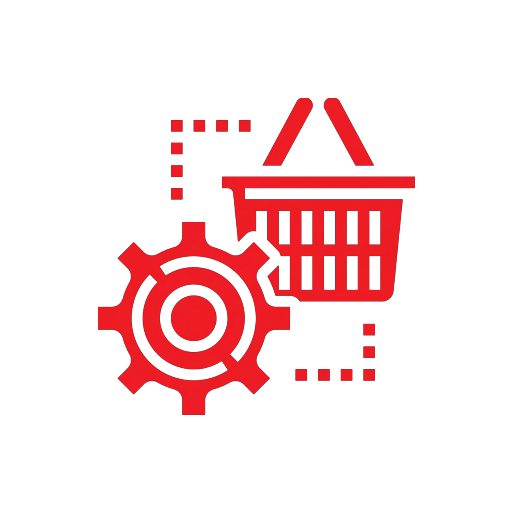
Franchise Lead Generation Strategy
Franchise business strategy is incomplete without considering marketing channels for franchise lead generation. YRC business franchise consultants shall define the best-fit franchise marketing strategy as per the budgets aligned in the franchisor business plan. YRC Experts evaluate the internal and external lead types possible for the business and suggest lower CAC strategy for selling a franchise.

Franchise Business Proposal
Franchise business proposal document creates the “first impression” about your franchise business opportunity. It is similar to an “investor pitch-deck” document which explains the investment opportunity in simple and few words. YRC franchise pitch deck experts aligned with designers and copywriters shall develop a compelling franchise business proposal template which shall help close deals faster as well as filter out unqualified leads.
Why YRC Franchise Consultants
YRC business franchise consultants act like a franchise business helpline while you franchise your own business. “Custom-built” franchise model for franchisor and franchisee aligned with custom built SOPs for franchise business stands as USP of YRC franchise consultants. Clutch has rewarded YRC as the best franchise consulting company based on experience and client reviews. Certified franchise consultants at YRC comprise a team of financial, legal, process and marketing experts who work in unison to develop a franchise model. To understand the advantages and disadvantages of franchising before you start a franchise business, get in touch with YRC franchise consulting firm and explore “how to give franchise of your business?”
FAQs
How to start a franchise business?
There are 08 steps to franchising a business, formulated by YRC franchise consultants, as below:
- Franchise Strategy Development
- Franchise Model Development (Foco, Cofo, fofo, custom-built, etc)
- Franchise Operations Manual
- Franchise Agreement Draft
- Franchise Setup Manual
- Franchise Business Proposal/ Pitch Deck
- Franchise Lead Generation Strategy
- Franchise Audit Report
To know about “how to set up a franchise business?”, get in touch with YRC franchise experts. Click Here.
What is a franchise model? How does franchise model work?
Any Franchise model requires 02 parties to operate i.e. Franchisor (also called, franchise operator) & Franchisee. Within a Franchise mode it’s important to define what is a franchise operator’s role and the franchisee role. There are various franchise model types where the role of these 02 parties varies depending on 02 major factors i.e. “who will investment how much?”, “who will operate the franchise store?”
Example: In the FOCO model, Franchise shall invest & Company shall operate. This is a typical restaurant franchise model operated by brands like KFC. In the FOFO model, Franchise shall invest as well as operate the franchise store, this is a typical model offered by smaller brands who don’t have the bandwidth to operate businesses.
Professional franchise consultants shall define the model which shall be detailed in a franchise business model template. If the brand has hired one of the best franchise consulting company, then they shall evaluate the brand in-depth and define a “best-fit hybrid franchise business model.
To know about “how does franchise model work?”, get in touch with YRC franchise experts. Click Here.
How to create a franchise business plan?
During the franchise development process one of the key elements to develop is the franchise business plan. Franchise Business Plan consists of following:
- Sales & Operations Plan for 05 years
- Financial Plan for 05 years
- Franchise breakeven period, CAPEX & OPEX
- Franchise ROI & ROC
- Franchise Exit Clause and financial implications
- Franchise revenue model between franchisor and franchisee
To know about “how to franchise a business?”, get in touch with YRC franchise experts. Click Here.
What is a franchise agreement?
Franchise Agreement involves 03 major parties i.e. Franchisor, Master Franchise and the Franchisee. In many cases it’s just 02 wherein there is no Master Franchisor. Franchise Agreement objective is to safeguard the franchisor’s interest and brand reputation at the same time bring transparency within the agreed terms between the parties. Franchisee agreement shall vary depending on the types of franchise arrangements and agreed terms. One of the biggest disadvantages of franchising your business would be an ill-defined Franchise Agreement which does not accounts for various permutations and combinations possible. Successful franchise brands prefer to hire top franchise consultants as they understand franchise legal issues and can define the agreement considering the legal aspects of franchising.
To validate or draft your franchise agreement format, get in touch with YRC Franchise Experts for franchise legal advice. Click Here.
How to expand franchise business?
There are various ways to expand franchise business. Listing down a few tried and tested methods by our clients.
- Active Franchise: In this method the existing store is converted into a franchise.
- Franchise Lead Generation: Implementing smart digital ways to create awareness about the brand and its success.
- Golden 05 Rule: While starting a new franchise business, your first 05 franchisee success will define your roadmap for the next 100 franchisees. If you fail to support the initial 05, then building trust and scaling becomes a challenge
- Franchise Pitch Deck: Franchise business proposal or pitch deck must be supported with data and stats to show the potential of starting your brand’s franchise.
- Master Franchising: This strategy helps with rapid expansion, but can be implemented after running at least 10-15 franchisees.
To know about franchise expansion strategies, get in touch with YRC. YRC is globally top franchise consulting firms rated by “Clutch” based on client reviews and experience.
What is FOCO model in franchise?
Franchise FOCO Model means franchise owned and company operated. In this model there are 02 parties involved i.e. Franchisor and Franchisee wherein their roles are defined to operate a franchise store as follows:
- Franchise Owned: means the investment to build the franchise shall be invested by the party who is taking the franchise
- Company Operated: means the party who is giving the franchise (i.e. Franchisor) shall operate the franchise store.
FOCO Model is generally operated by larger brands, who are established and have the team, resources and systems to manage business operations.
The FOCO model within restaurant franchising is a very well known franchise model.
There are various terms and conditions laid down in the franchise business model which shall be defined by the franchisor and detailed within the foco model franchise agreement.
To know more about foco model franchise terms, get in touch with YRC Franchise Experts. Click Here.
How to choose the right business model: FOFO, COCO, FOCO, COFO, etc?
Evaluating the model is critical while franchise strategy development. 74% of franchise businesses fail because of implementing a wrong or ill-defined franchise model. Following parameters are to be considered during the franchise development process:
- Strengths of Franchisor
- Weakness of Franchisor
- Geographical Areas of expansion: Cities, States & Countries
- Systems & Team: How strong are your systems and mid-level management team?
- Scalability Threats: What are the internal & external threats in expansion?
- Exit Strategy: How will franchisees exit in case of losses or other reasons?
- Expansion Strategy: Sporadic or linear expansion?
- Clearly defined objectives and benefits of franchising your business.
To know more about “how to develop a franchise model”, get in touch with YRC Franchise Development Consultants. Click Here.
How to turn a business into a franchise? Best practices and guidelines defined by Your Retail Coach (YRC)
YRC has catered to 25+ industries within retail and helped businesses to franchise across Asia, Middle East, Africa & Other regions. After over a decade into franchise consulting, YRC has defined 06 winning steps to develop a successful franchise:
- Franchise Business Feasibility Assessment: This stage evaluates your brands readiness to franchise
- Franchise Model Strategy: YRC experts decide the best-fit model type to franchise your business. Every model is not suitable as per your business strengths and industry, which needs expert assessment.
- Franchise Financial Plan: YRC team define 02 different financial models i.e. 01 for franchisor and other for franchisee. It’s important to ensure that franchisor and franchisee, both parties, are making money, otherwise franchisee business model be a big failure
- Franchise Legal Documents: Franchise Agreement, Franchise LOI, Disclosure documents and compliances need to be well defined. An ill-defined franchise agreement is the biggest threat to franchisor and shall hamper the brand reputation when an dispute arise between franchisor and franchisee
- Franchise Pitch Deck: It’s similar to investor pitch deck which describe the franchise business proposal within few slides. Understanding franchise investors’ mindset is important which shall be assessed by YRC experts.
- Franchise Lead Generation Strategy: No one can sell better than the brand, but many brands fall into the trap of appointing franchise sales consultants. YRC Experts shall define the strategy to generate qualified leads to invest in your franchise and reduce your franchise acquisition cost.
The above steps may not be followed by all franchise consultants and does not define what does a franchise consultant do. These steps are curated and structured by YRC Experts. To implement the above steps YRC involves certified experts from various fields i.e. financial, process, legal and design experts.
To know more about “how to make my business into a franchise?”, get in touch with YRC Franchise Consultants. Click Here.
Case Studies
Click here for testimonials
Get Advice for Franchise Consulting
Related Blogs
Making the most out of the festive season shopping: A Customer Perspective for Retailers
Decoding the Festive Shopping Spree For us, as customers, the festive season is a licence to spend. The vibes of festivity ushers with joy and a sense of celebration. This elevated mood often turns into an enhanced willingness to spend and indulge in shopping. It is a...
Mitigating Business Risks in Retail
Spotting the Swirls Sailing the stream of retail is canopying between opportunities on the surface and risks as the current of that stream. If the bad swirls are not spotted in advance, it can turn things undesirable. While big brands grapple with issues like lapses...
Do This for a Successful Franchise Business: 7 Parameters to Evaluate Before Buying a Franchise
Welcome to the fascinating and lucrative world of franchising, where there are no limit for opportunities to the entrepreneurs, looking to invest in established businesses. Did you know that franchising is a significant contributor to the global economy and according...


